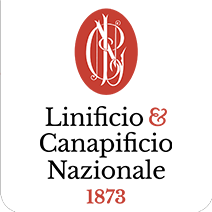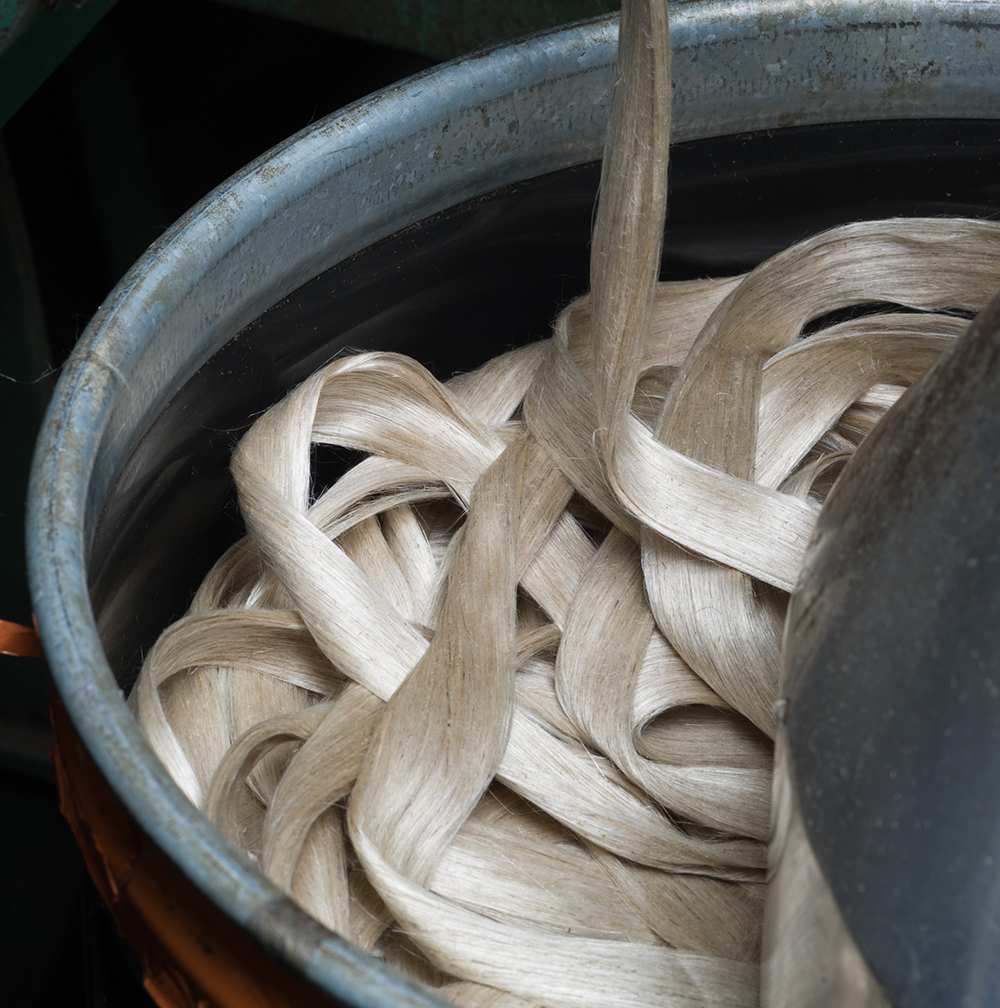The qualities of flax.
Linen is an exquisite Liberian fiber of plant origin, characterized by its softness, flexibility, and a range of exceptional properties.
But what exactly are these properties? To begin with, linen boasts remarkable resistance to wear and tear, alongside a robust defense against UV rays. Furthermore, its hygroscopic nature allows it to absorb moisture efficiently, while also providing excellent insulating capabilities.
Moreover, linen fabric stands out for being hypoallergenic, thermoregulatory, breathable, antistatic, and anti-pilling. Additionally, its biodegradable nature underscores the environmental consciousness behind its use.
Collectively, these qualities render linen an ideal material for crafting household linens and versatile clothing suitable for all four seasons, including 100% linen items, silk & linen blends, and wool & linen or wool & cashmere combinations.
Linen’s appeal extends beyond its functional attributes to its environmental benefits.















